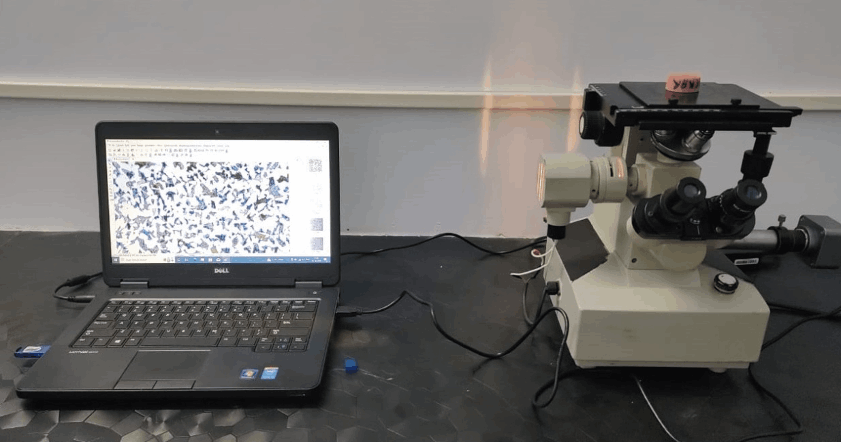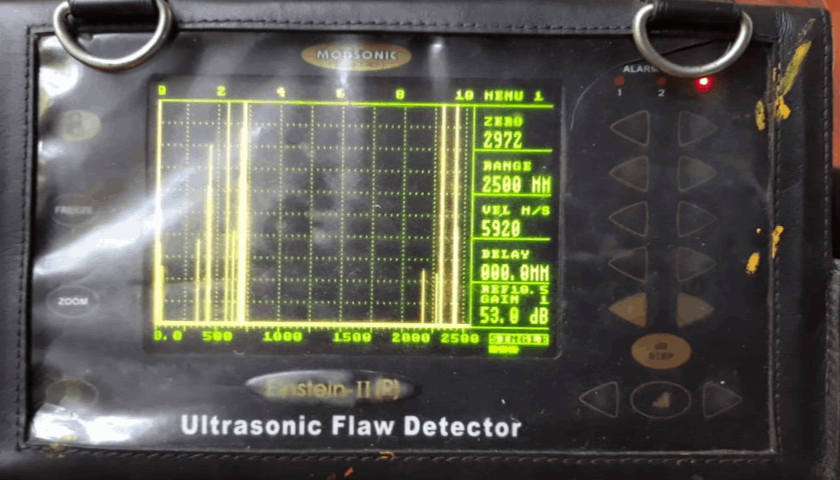Proficiency Testing Provider
"Our organization is headed by qualified and vast experienced personnel in their respective fields. Overall directions of the every scheme are overseen by an advisory committee having representatives in the relevant field. The advisory committee is included with a statistical expert who reviews all statistical calculation in line with ISO 13528."
It is customary to self-governing evaluation of the technical performance of a laboratory is essential to guarantee the validity of results, and should be component of an overall quality approach. A common impend to this autonomous evaluation is the use of independent proficiency testing (PT) schemes or external quality assessment (EQA) schemes as they are time and again referred to within the medical sector.
A PT scheme is a system for neutrally evaluating a laboratory’s performance by the use of external means, and includes regular comparison of a laboratory’s measurement results with those of other laboratories. This is achieved by the PT provider distributing sufficiently homogeneous and stable PT items to participants for analysis and reporting of the measurement results. Each distribution of PT items is referred to as a "round". The main objective of a PT scheme is to help the participant to assess the validity of its measurements. PT schemes may also address pre-analytical and post-analytical aspects of the measurement cycle, i.e. specific procedures carried out before or after the analytical procedure. These may, for example, include sampling or the interpretation of the measurement results.

